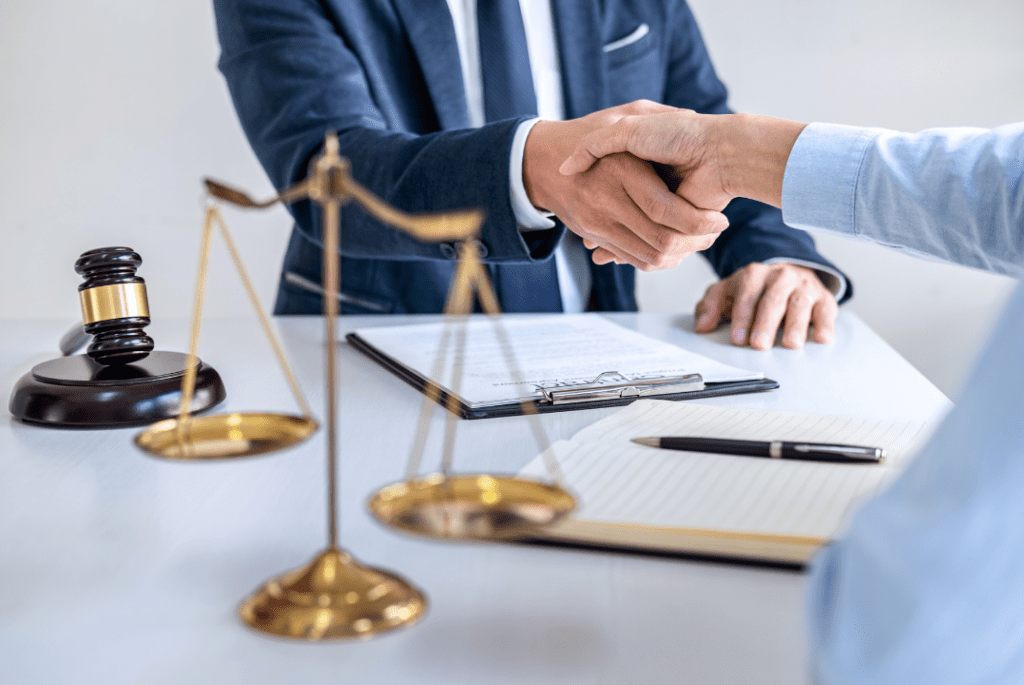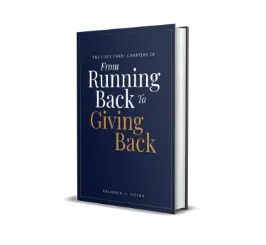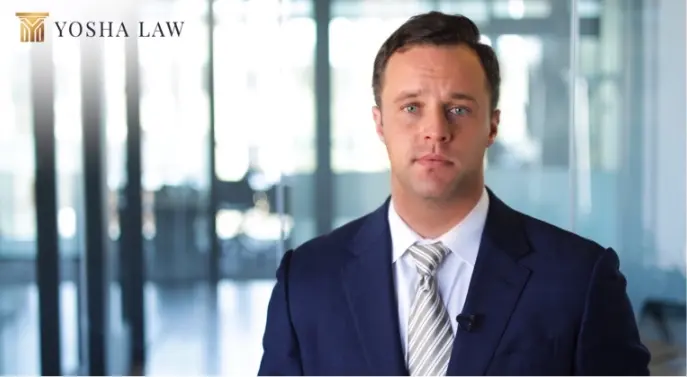
After an accident in Indiana, you may find yourself suffering because of another person’s negligence. You may feel reluctant to hire a lawyer to file a personal injury claim — any additional accident-related cost feels like more stress you don’t need.
You’re drowning in post-accident bills. Your injury adversely impacts your quality of life. You want to solely focus on healing, but the insurance company is giving you the runaround. The insurer has offered you a paltry payment that barely covers the costs of your doctor’s visits. You’ve decided you need to legally file a personal injury claim.
The good news is, you’re well within your legal rights to file a personal injury claim without a lawyer. However, a personal injury lawyer could bring the expertise you need to negotiate with the insurance company. A seasoned attorney can handle the legal nuances of the claims process, and can deal with the mountains of paperwork a personal injury claim could bring.
Whether you choose to file a claim on your own, or you retain an attorney, the process to file a claim remains the same.
Steps to file a claim
After your accident in Indiana, it’s vital that you take certain steps before you choose to file a personal injury claim. Each step provides important legal documentation that will allow your claim to move through the appropriate legal channels. However, if you find the process difficult and exhausting, keep in mind that you can hire a lawyer to file a personal injury claim in Lake County or anywhere else in the state. You are not alone. The weight of this responsibility should not fall solely on your shoulders.
File a police report (or an incident or injury report)
If your injuries were sustained in a car accident, it’s imperative you remain on the scene until law enforcement arrives. You should file a police report which will include contact information, the police investigation of the accident, eyewitness accounts, and other important documentation.
If your accident occurred at work, you should immediately file an injury report with your human resources department. However, if you were injured as a customer in a private establishment or in a public space due to negligence, you will need to contact a representative and file an incident report.
Gather photo and video evidence
Immediately document your accident by taking photos and film the scene. If there are eyewitnesses to your accident, ask for their contact information.
Seek Medical Attention
In the aftermath of your accident, you may feel that your injuries are minor. However, sustained injuries, such as whiplash, may grow more severe over time. You may also have suffered injuries you aren’t yet aware of such as internal bleeding or a concussion.
A doctor can provide medical diagnosis, prescribe needed medication, administer treatment, and give a prognosis for your healing. After you’ve sustained significant injury due to negligence, your medical records serve as the foundation for your personal injury claim.
You Get ONE Shot At Full Justice. We Make Sure You Take It.
*Available 24/7 & Obligation-Free
Proof of negligence
You can easily complete the first steps to file a claim on your own. However, legal expertise can only help your case after you’ve filed a police report and received medical treatment. In order for your personal injury claim to hold legal merit, you must be able to establish fault.
Ensure you have the necessary documentation to support your claim of negligence on the part of another party.
Once you have taken the initial steps of filing a police report and obtaining medical treatment, the value of legal expertise becomes increasingly clear, especially when facing severe outcomes such as spinal cord injuries in Indianapolis or a traumatic brain injury (TBI) in Indianapolis. These types of injuries can have life-altering consequences, and establishing fault is critical to securing the compensation needed for long-term care and rehabilitation. To build a strong case, it is essential to document all aspects of the incident and your injuries meticulously. A lawyer with experience in cases involving spinal cord and brain injuries will be adept at compiling the necessary evidence and expert testimonies to support your claim and ensure that the responsible party is held accountable for their negligence.
Serve notice of your claim
Serving notice is an extra cost you’ll incur if you choose to file a claim sans a personal injury lawyer. You cannot serve notice to the target of your claim on your own. Rather, you’ll have to hire a serving company to deliver the legal notice of your claim.
Self-representation in negotiations and trial
Most personal injury claims are settled long before you’ll see a courtroom. Settlements often come from back and forth negotiations in mediation meetings. If you’re representing yourself, you’ll need to schedule these meetings and ensure you’re present for each session.
If your claim goes to trial, you’ll need to attend all hearings, judicial meetings, and courtroom sessions related to your personal injury claim.

Indiana laws on personal injury claims
Statute of Limitations
Indiana has a statute of limitations on personal injury legal claims. Per Indiana law IC § 34-11-2-4, you’re allowed to file your claim at any point up to two years after your accident. Even if your injuries are documented, if you wait too long, your claim may not be considered legally valid. However, the courts may make an exception if your injuries prevented you from filing within the statute.
Caps and comparative fault
Indiana places damage caps on the compensation you can receive in a personal injury settlement. Compensatory caps on claims against an insurer equal a high of $250,000 per each at-fault party with a $1.25 million maximum pay-out.
The damage cap amount determines the economic damages you can receive for personal injury. For example, the medical bills and loss of income you endure after your accident may be covered by the amount of compensation allowed.
However, non-economic damages such as loss of limb, loss of quality of life, or emotional trauma are calculated as anywhere from 1.5 to 5 times the amount of your economic compensation.
Comparative fault decreases the amount of your settlement. If you’re found 20 percent at-fault for your accident (for example, you didn’t notice the wet floor sign, or you didn’t have your turn signal on when your vehicle was hit), the amount of your personal injury claim will be reduced by 20 percent. If you’re more than 50 percent liable for your accident, you no longer have a valid settlement claim.
Personal injury compensation
Compensatory damages
Personal injury compensation in Indiana may cover a wide array of possible claims. If you’ve filed your claim without a lawyer, you’ll need to be able to provide reasonable proof of your claims. Reasons for personal injury compensation include:
- Property damage: The estimated or calculated cost of repairs needed as a result of your accident.
- Medical expenses: Any and all bills for past, present, or future doctor’s appointments, hospital stays, medication, surgical procedures, etc.
- Loss of income or earning potential: If you’ve lost your job, lost income (including tips or bonuses), or lost out on future raises or employment opportunities due to your accident, you may want to file a personal injury claim.
- Injuries sustained from your accident: Sprains, fractures, spinal cord injuries, and traumatic brain injury (TBI) are all considered reason for compensation
- Emotional trauma: Anxiety, depression, grief, or post traumatic stress disorder may be cited in a personal injury claim.
How a personal injury lawyer can help
If you choose to hire a lawyer to file your claim, you’ll have more time to focus on your path to recovery. The right, empathetic personal injury lawyer can help alleviate your stress. A seasoned lawyer can take care of all legal procedures, communicate with insurance companies so you won’t have to, and help you receive justice.
At Yosha Law, we are passionate about our clients and consider them part of our family. We will help with your personal injury claim and fight for what you’re owed.
We also offer an initial free case evaluation where we can help you explore the merits of your case and guide you through the legal process.







